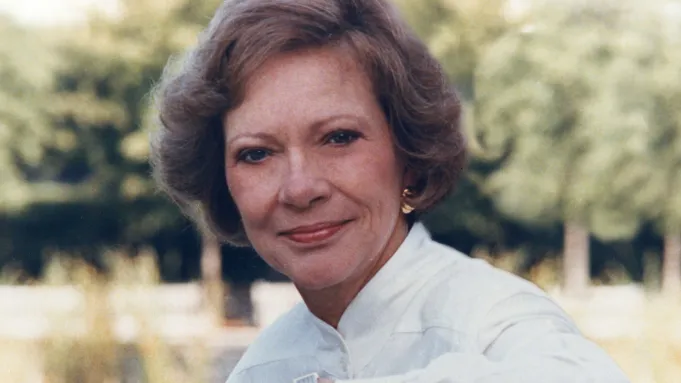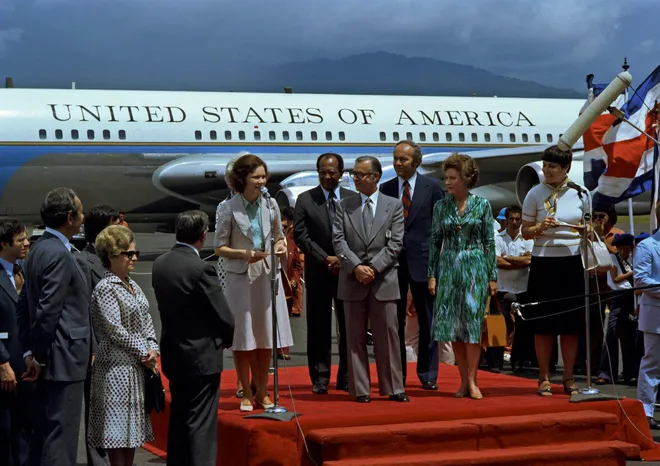Rosalynn Carter’s enduring legacy outlived the media criticism

With the passing of Rosalynn Carter on Sunday, media outlets are singing her praise as a life well lived. And they’re not wrong.
But it wasn’t always the case. Carter, who served as the nation’s First Lady to husband and President Jimmy Carter from 1977 until 1981, was the subject of often visceral news stories, insider back-stabbing from White House staff and a rumor mill “inside the beltway.”

News outlets based in the nation’s capitol and New York City expressed a disdain for both the president and his wife, Rosalynn. Some have compared it to the treatment suffered by former First Lady Melania Trump, who was virtually ignored by the culture class when they were not writing hit pieces.
Rosalynn, from little Plains Georgia, suffered a similar, but not as cruel a fate.
Many in the ruling class criticized her level of political involvement. She was a more active First Lady than most of her predecessors, and she was not afraid to express her opinions on political issues. The male-led political class, especially in the Democrat Party, which controlled all three branches of government at the time, felt that she was overstepping her bounds as the unelected spouse of the President.
The Guardian quoted a White House insider describing her as “a hard, calculating and rather frosty First Lady who has earned herself the sobriquet of ‘the steel magnolia.'”
Some critics described Carter as being cold and aloof, and suggested that she was not as approachable or warm as other First Ladies. This perception was likely fueled by her focus on substantive issues rather than on personal charisma.
Her involvement in mental health advocacy brought more criticism at a time when mental illness was rarely discussed in public. Political families, like the Kennedys, used institutions to keep family members with mental issues from the public eye. Carter was a passionate advocate for mental health awareness and treatment, and she often spoke about her own experiences with mental illness–unheard of for a First Lady or anyone in Washington.

Her influence on President Carter was the result of a trusting relationship in which the President valued her opinion. Critics accused her of having too much influence on her husband’s policies and decisions. They argued that she was essentially the “power behind the throne,” and that her influence was undemocratic. It was amplified when she represented the United States on her own, without the President, on an official trip to South America.
During the trip, she visited seven countries and seemingly enjoyed taking on the challenges of a special envoy, according to USA Today.
Her contribution to the Camp David Peace Accord between Israel and Egypt has regained attention in light of the attacks on Israel by Hamas.
Playwright Lawrence Wright detailed in his play “Camp David” how her influence may have been the secret ingredient to the peace accord being signed.
Writes Lawrence, “Mrs. Carter’s influence at the Camp David summit is underappreciated. It was she who suggested that the president bring the parties to Camp David in the first place. Moreover, during the summit, she served as a kind of emotional back channel, especially for (Egyptian President Anwar) Sadat, who vented his frustration to her.”
That peace treaty has lasted over 43 years.
While Carter’s service as First Lady only lasted four years, her contribution to public discourse, world peace and mental health will long outlive her.
Regardless of the media and ruling class looking down on the “girl from Plains.”
–Dwight Widaman | Metro Voice Editor








